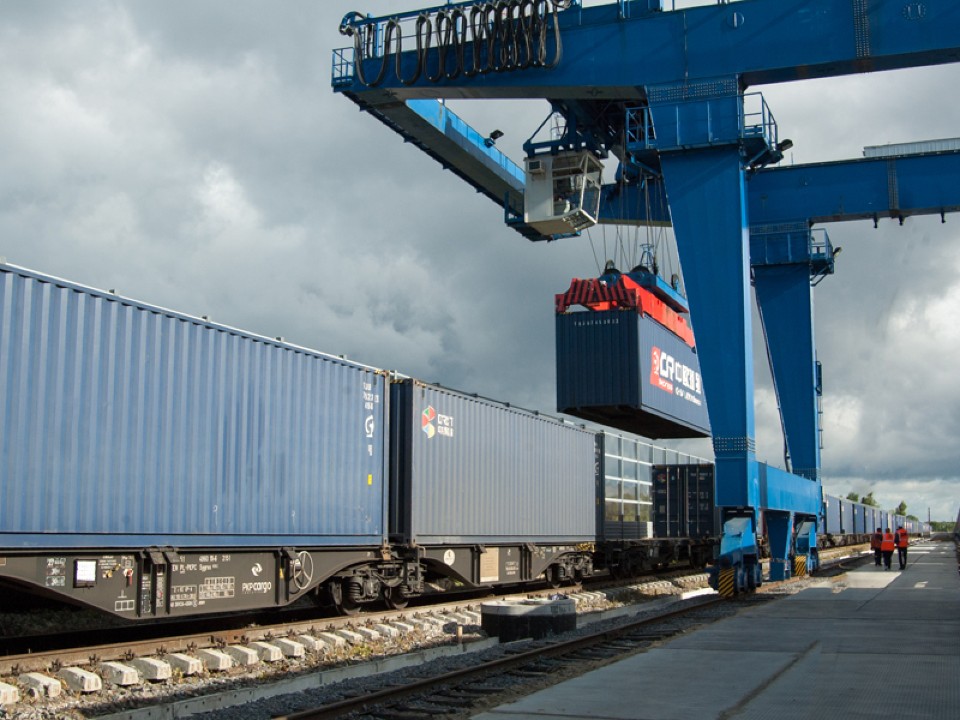EU could reverse Kaliningrad rail cut-off, fearing escalation with Russia

The European Union could reconsider the implementation of sanctions on cargo transit to Kaliningrad. After the initial decision to ban the transit of some products through Lithuanian territory, followed by Moscow’s threat to retaliate, the EU and Lithuania could end up in a compromise that would leave Kaliningrad’s supply chain unaffected.
Do you want to read the full article?
Thank you for visiting RailFreight.com. Become a member of RailFreight Premium and get full access to all our premium content.
Are you already a member?
Having problems logging in? Call +31(0)10 280 1000 or send an email to customerdesk@promedia.nl.




